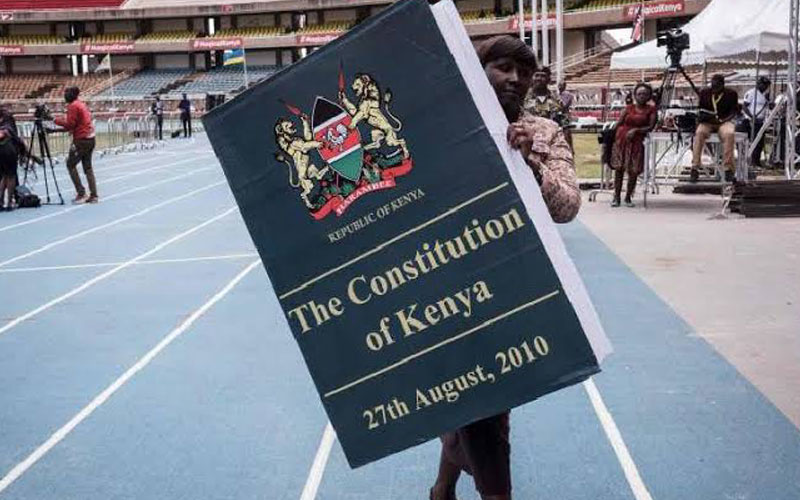Why are Kenyan men not embracing polygamy law?

When President Uhuru Kenyatta signed into law the controversial marriage bill , legalising polygamy on April 19, 2014, the “civilised society” flared up, with National Council of Churches of Kenya (NCCK) , Fida-Kenya, and Women legislators leading the protests.
These groups had argued the passing of Marriage Act 2014 is demeaning and takes away all the gains made, with women’s human rights within marriage.
Whatever reservations one may have against this law, it allows Kenyan men to marry as many women as they can.
But the question is; have as many Kenyan men married more women because of this law? Certainly not.
The President was probably aware of this fact, when he signed into law an act that consolidates various laws relating to marriage, giving consenting adults more voice about the kind of marriage arrangements they want to participate in.
I fully support this law because it accommodates the complexity of human society and the relationships people engage in.
In fact, it would be insensitive and pretentious to forbid polygamy when it is going on all over the place.
And views abound in support of polygamy too — a woman once told me she wouldn’t marry an unmarried man, because then she wouldn’t know what to expect.
We can go on and on about this subject, but it seems men and women are very much similar in their preferences as human beings. Like women, men are of different kinds.
Marriages can be enjoyable, but they can also be very frightening; so, it does not even matter if the marriage is monogamous or polygamous.
A village “marriage expert” told me sometime back that African men fall into four loose categories: those who can only one wife, those who should not have a wife, those who should not have another wife and those who can have more than one wife.
These theories aside, nothing phenomenal has changed in the Kenyan marriage scene since enactment of Marriage Act 2014. Why is this the case?
“Marriage is a puzzle,” says a sociologist friend. “Those inside will be plotting to get out, while those outside can’t wait to get in”.
So, with this view, lies the decision of whether to be polygamous or not. If you feel you got what it takes, why not?
If your nerves occasionally desert you, stick to your one wife. But three humorous views held by three young men I recently engaged on this subject were diverse.
“Never, I can never marry again” said the first man. “Marriage is bothersome, expensive, inconvenient and suffocating. One marriage is enough. Another wife? Never!”
The other said: “Well, how I wish I could marry another woman…the problem is, where’s the money?” The third, who is polygamous said: “It gets hard sometimes, as it does in all marriages, but I think polygamy is a good thing.
I am the son of a third wife.” As these reactions demonstrate, there are as many views about marriage structure as there are people. Clearly, NCCK, Fida-Kenya, and women legislators were wrong to imagine the marriage act would precipitate a revolution in marriage.
Marriage Act 2014 was the culmination of years of debate, with proposals and counter proposals. At the end of the day, personal choice and convenience won.
A woman I interviewed told me she is a third wife and happy about it. She said the relationship between her, her husband and her co-wives is cordial, and that she got into that arrangement because she is intelligent, pragmatic, practical, dynamic, independent, adaptive and alert enough to know her way around relationships. “No one forced me into it,” she added.
—The writer is the chairman of the Department of Linguistics and Literature at Jaramogi Oginga Odinga University.








